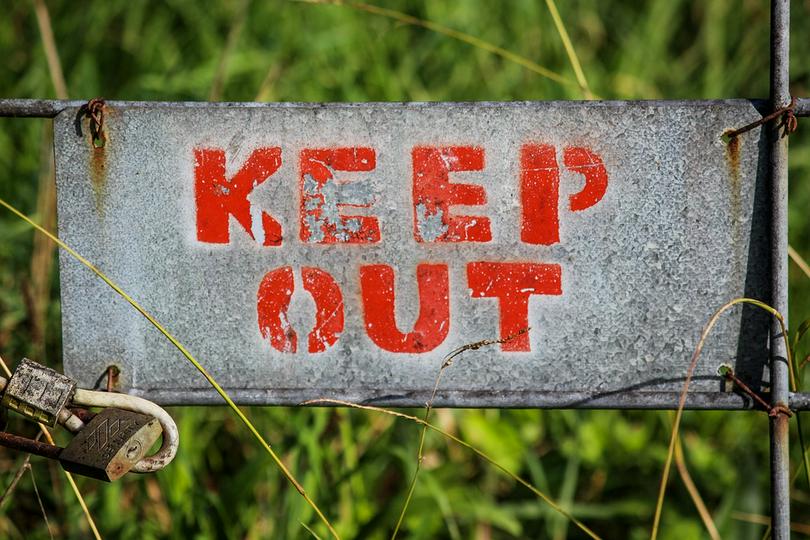US President Donald Trump's travel ban has finally received a court ruling on six mainly Muslim countries. Although many expected to make an appeal, the Supreme Court's ruling can go into full effect immediately should the government wishes.
Furthermore, if the court finalizes its decision, it will immediately expand Trump's policy against travelers from Chad, Iran, Libya, Somalia, Syria and Yemen.
The court ruling and travel ban
It is certain that after the decision, the ruling that was solely based on the version of the directive that the president has issued since taking his office, may be enforced immediately.
To add to that, seven of the nine justices lifted injunctions on Monday imposed by lower courts against the "Travel Ban" policy and only liberal Justices Ruth Bader Ginsburg and Sonia Sotomayor remained in support to the president's order to remain blocked.
For better or for worse?
Prior to the court ruling, the Federal Appeals Courts in San Francisco, California, and Richmond, Virginia will hear arguments this week on whether the latest iteration of the policy is lawful.
The Supreme Court noted that it expects those courts to reach decisions "with appropriate dispatch" and the case will eventually have a three-hundred-sixty degree turn to the Supreme Court. Legal analysts believe that Monday's decision suggests America's top judicial body may ultimately rule in favor of the administration.
David Levine, a University of California Hastings law school professor, told the Associated Press news agency: "It suggests that from their understanding, the government is more likely to prevail on the merits than we might have thought."
Meanwhile, White House spokesman Hogan Gidley stated that the White House was "not surprised" by the Supreme Court's decision. US Attorney General Jeff Sessions also shared his views about the decision, saying it was "a substantial victory for the safety and security of the American people".
However, the American Civil Liberties Union (ACLU) said that the president's retweeting of British far-right videos last week showed his discrimination against Islam.
"President Trump's anti-Muslim prejudice is no secret - he has repeatedly confirmed it, including just last week on Twitter," ACLU lawyer Omar Jadwat said.
"It's unfortunate that the full ban can move forward for now, but this order does not address the merits of our claims."
In January, Trump has signed an order banning people from seven Muslim-majority countries for 90 days and suspending all refugee entry. The measure, which also banned Syrian refugees indefinitely, prompted protests and multiple legal challenges.
A revised version released in March removed Iraq from the list and lifted the indefinite ban on Syrian refugees. By June, the Supreme Court allowed most of it to go into effect, including a 120-day ban on all refugees entering the US. However, it granted a wide exemption for those with a "bona fide" connection to the US.
President Trump's third order was announced in late September. It added non-Muslim-majority nations North Korea and Venezuela, provisions which lower courts have allowed to proceed.
Do the lower courts have a say in this situation?
Trump, upon insisting that his ban was necessary for national security, have pointed to terrorist attacks in Paris, London, Brussels and Berlin as evidence.
However, federal judges have mentioned Trump's campaign description of his policy as a "Muslim ban" and his call for "a total and complete shutdown of Muslims entering the United States" as a counter-argument against Trump's stance on the program.
To add to that, lower courts across the US have said that the president's policy clearly violated the first amendment of the US constitution, covering freedom of religion.








